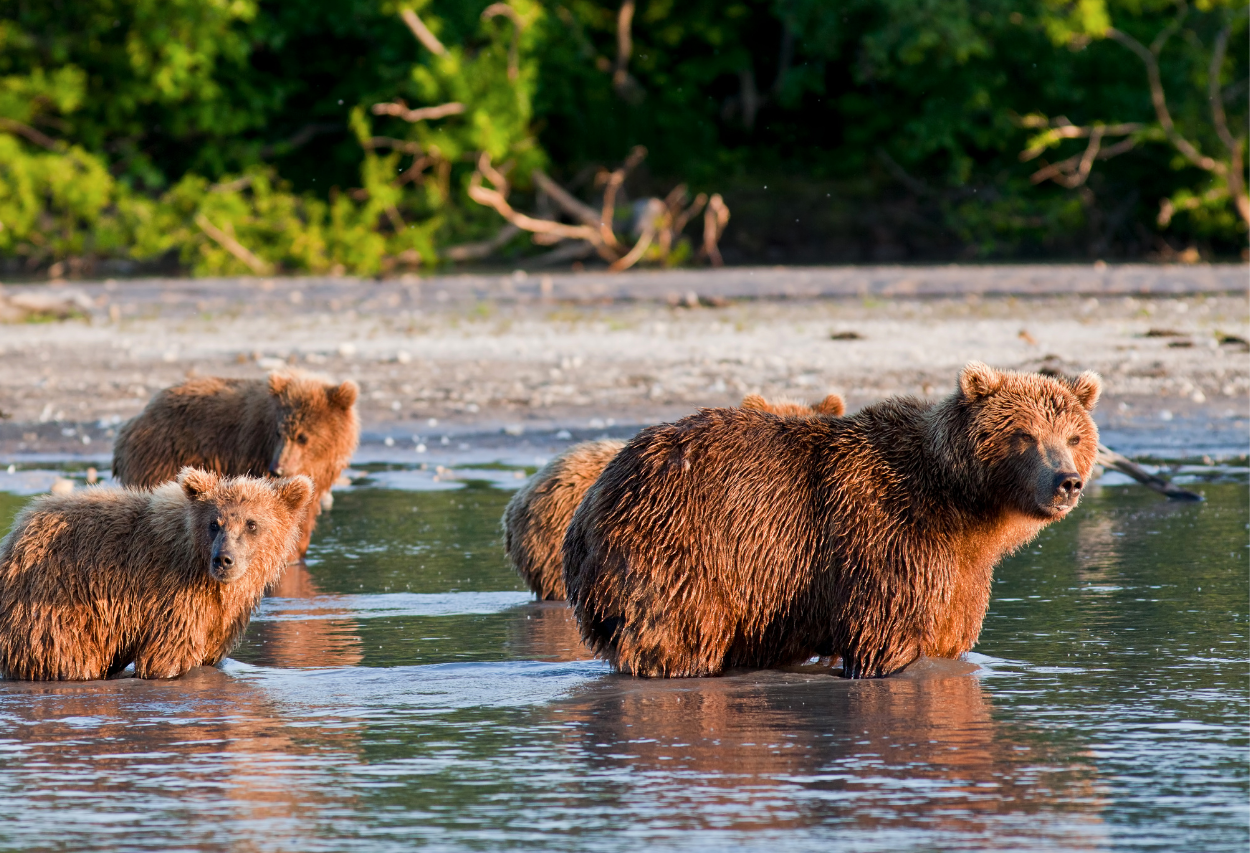-
Species presence/absence is a fundamental concept used in many areas of ecology (e.g., species distributions, habitat modeling, monitoring, and metapopulation studies), however imperfect detection can lead to false absences. Unaccounted for false absences can lead to misleading inferences about patterns and dynamics of species occurrence and the factors that influence them. We will learn methods for accounting for imperfect detection with species detection/non-detection data and also discuss important study design considerations. Exercises are completed using Program PRESENCE and RPresence. You will have 3 months of access to course materials as you work at your own pace.
Webinar: Design advice for species occurrence studies - Darryl’s 5 top tips.
-
Learn at your your own pace without instructor support.
Winter: December 1, 2025 – February 22, 2026 (Early bird ends November 2)
Spring: March 2 – May 24, 2026 (Early bird ends February 1)
*Early bird saves $75
-
This course is for those with no, or little, experience with occupancy modeling, but more experienced users may also benefit from attending. Familiarity with regression, logistic regression, or generalized linear modeling would be advantageous (e.g., R Boot Camp, Ecological Statistics and Modeling, & Generalized Models). Suggested readings for the course:
MacKenzie, D. I., Nichols, J. D., Lachman, G. B., Droege, S., Royle, J. A., & Langtimm, C. A. (2002). Estimating site occupancy rates when detection probabilities are less than one. Ecology, 83(8):2248–2255.
-
BACKGROUND
Why estimate population attributes
What, and how, to estimate population attributes
Occupancy modelling applications
Statistical concepts and notations
Probability-based methods of estimation
Models: comparisons and inference
SINGLE SEASON MODEL
Basic single-season model
Incorporating covariates to the single-season model
Missing observations and unequal effort
Model assumptions
Assessing model fit
Small area and finite population occupancy estimation
Spatial correlation
Analysing data using Program PRESENCE and R
SINGLE-SEASON STUDY DESIGN
Defining your sampling unit
Selecting sampling units
Defining a ‘season’ and repeat surveys
Effort allocation
Design tools
-
16 CEUs with The Wildlife Society
4 CEUs in Category I(a): Scientific Education and Training with the Ecological Society of America
Go to our Continuing Education Page for more details
INSTRUCTOR
PROMOTIONAL VIDEO
“The Occupancy Modeling course offered by CWS is great for beginners or experts working with presence/absence data. Each module is designed to reinforce different occupancy modeling concepts and provides you with tools to best analyze your presence/absence data. I really appreciated the group discussion page that showed different points of view on topics from other students taking the course. Definitely a course worth taking!”
Max Larreur
PhD student, Southern Illinois University
“Darryl MacKenzie is an awesome instructor. He was able to make Occupancy Modeling both interesting and understandable. The real-world examples and discussions helped me apply the methods to my project design. Thanks for the great experience.”
Vickie DeNicola
Vice President of White Buffalo Inc.
SCHOLARSHIPS
Full scholarships are available to participants from countries designated as “lower income” and “lower middle income” in the World Bank List of Economies. Please see our CWS World Scholars Program page for details.
CANCELLATION POLICY
Cancellations 30 days or more before the start date are not subject to cancellation fees. Cancellations <30 days before the start date are subject to a 50% cancellation fee. No refunds once the course begins.




